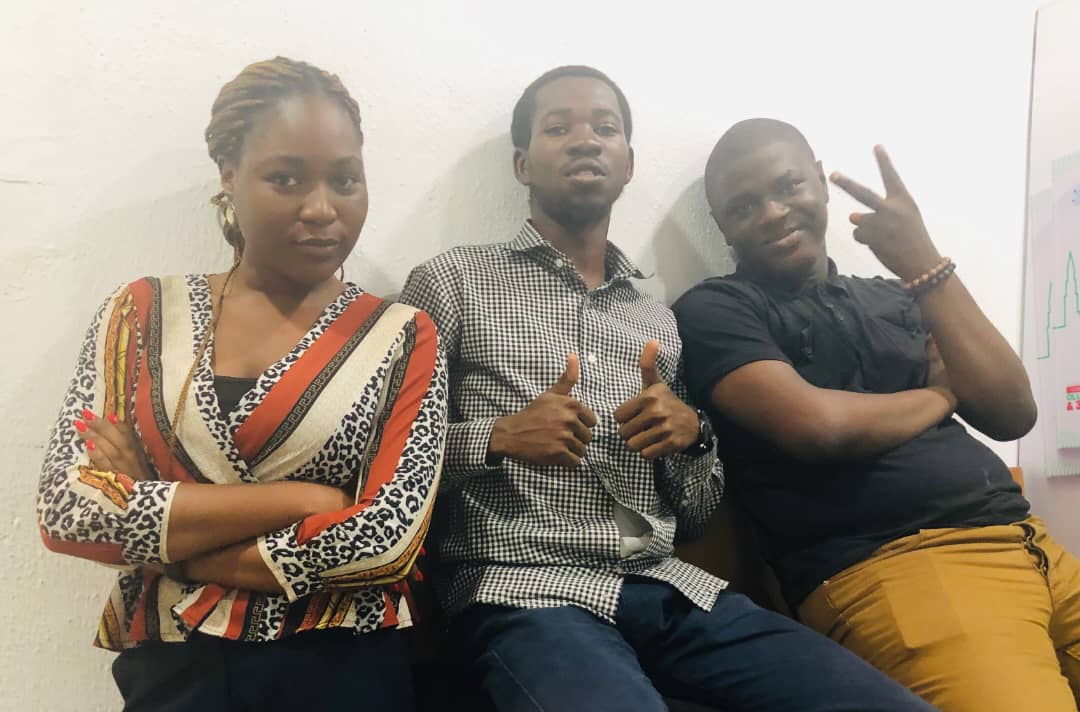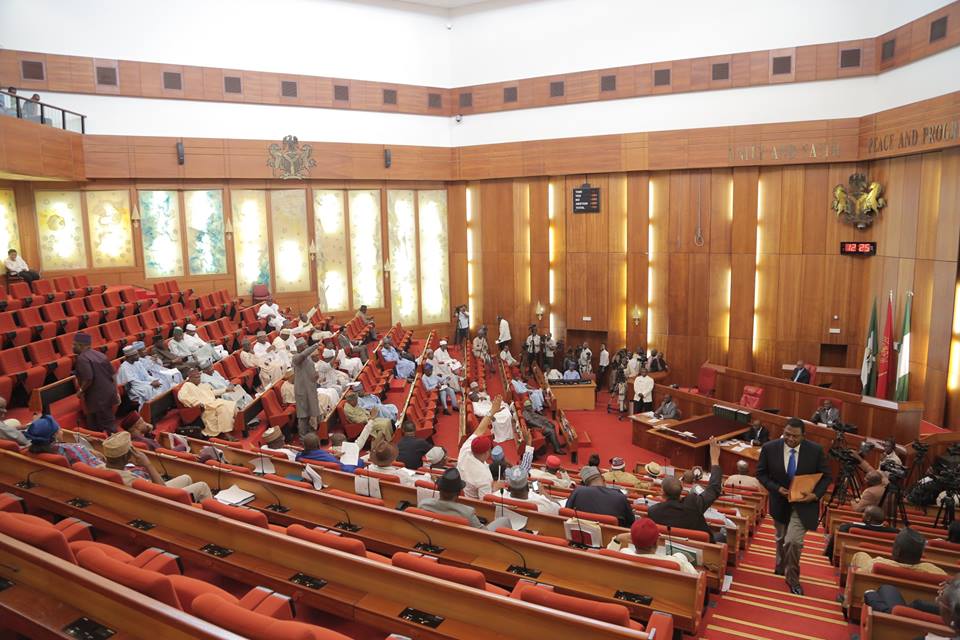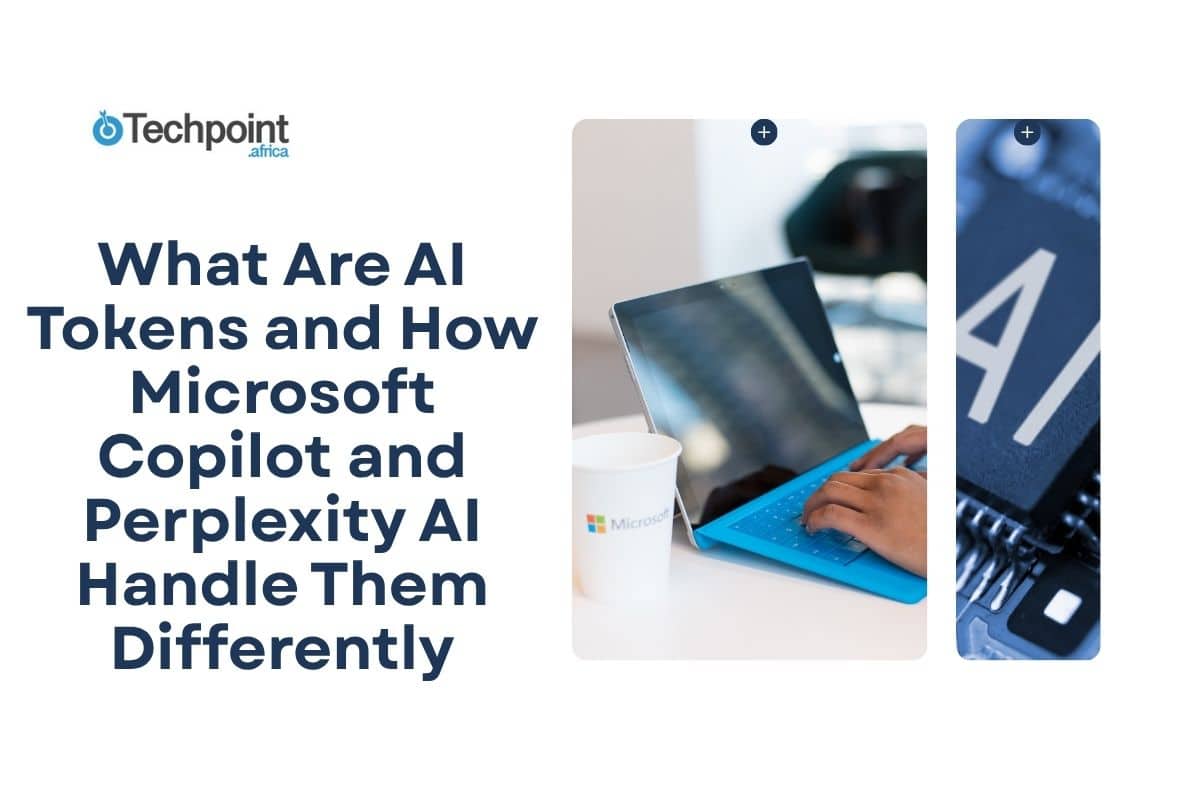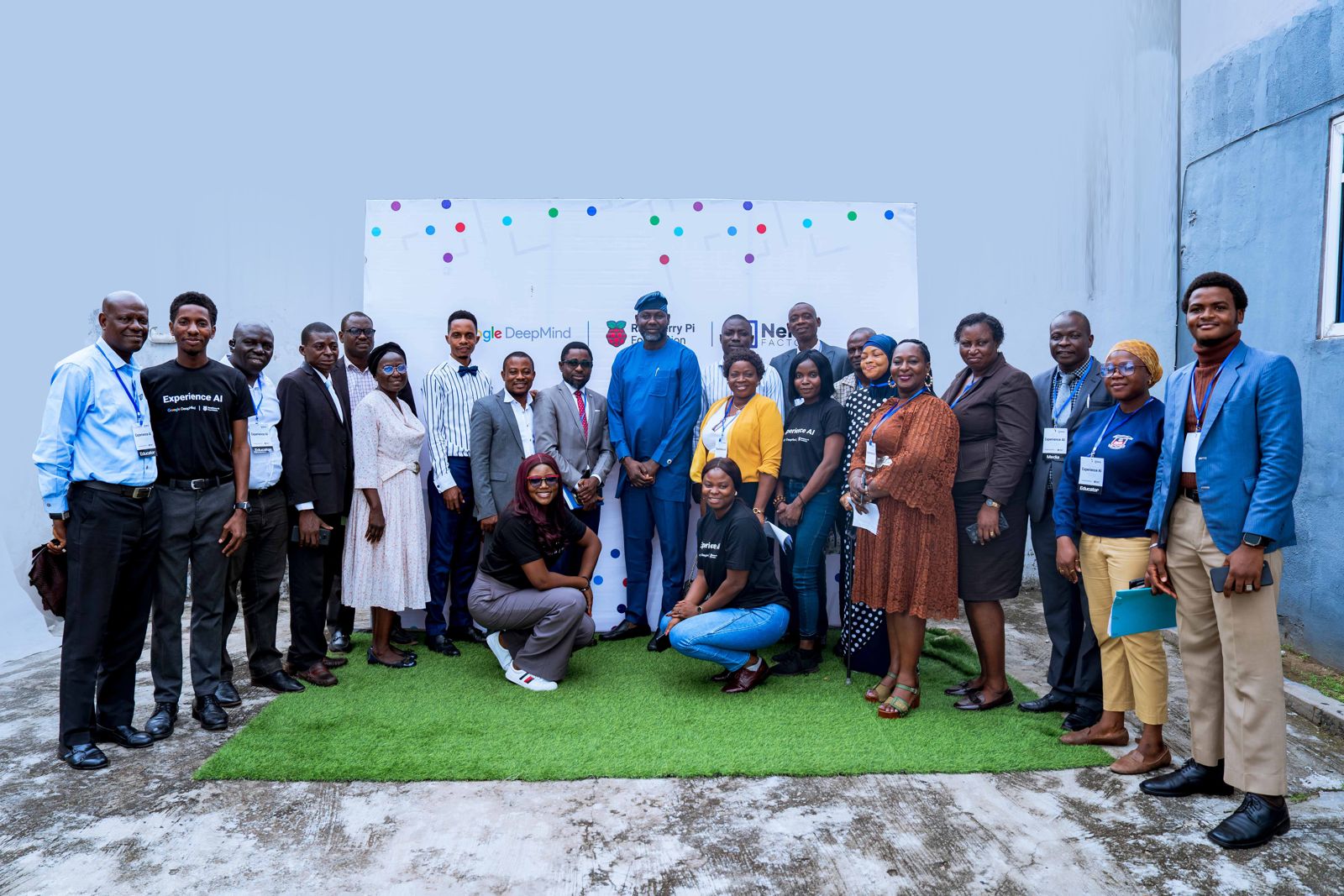Getting access to parliamentary bills in Nigeria is no easy task. It is usually the responsibility of the Nigerian National Assembly (NASS) to make proposed bills, order papers, and other related documents available to Nigerians. That responsibility is not being taken seriously, especially in recent times, leaving the responsibility to third party websites to handle.
This situation is slowly changing. The principles of open government data states that for government-related documents to be viewed as “open” to the public, they must be complete, accessible, and machine-processable, amongst other requirements.
The good news is, several organisations have been formed to fill the legislative gaps in the system where government-related documents are concerned. Citizens have combined resources in technology to solve some of the current issues where open access to legislative documents is concerned.
For instance, there is NASS-AI, a project started by Data Duality and other individuals who implement artificial intelligence (AI) methods to ensure that parliamentary bills are accessible to more people.

Started by Adewale Akinfaderin and Olamilekan Wahab, both machine learning professionals in their respective fields in 2019, the project has quickly gone on to garner reputation and grants, allowing both professionals to give conference talks within and outside Africa.

This initially began as an AI side project focused on making parliamentary documents more accessible according to the Social Development Goals (SDG) using machine learning and natural language processing (NLP) methods to accomplish this goal.
The problem with parliamentary bills in Nigeria
So why is this a solution worth noticing at all?
For one thing, Nigeria ranks 21 out of 100 in the global measure on government publishing and using open data for accountability, innovation, and social impact, according to Open Data Barometer.
Things seem to have gotten worse since NASS stopped publishing proposed bills on its website. Researchers and policy experts have to rely on third party websites in order to access public government documents.
The NASS-AI team felt this impact firsthand while going through legislative documents from 1998 to 2018. They discovered some surprising trends on how legislators work over the course of processing twenty years of government data.
Most, if not all, of the bills provided by the national assembly are not well provided
According to the second principle of open government data, documents provided by the government must be “published as collected at the source, with the finest possible level of granularity, not in aggregate or modified forms.”
The typical bill that used to be found on the NASS website did not fulfil this requirement. Documents were routinely positioned awkwardly and then scanned, lacked clarity, and could not be highlighted or edited in any way.

A surprising number of bills over the years
According to the NASS-AI team, from the timeline the bills were retrieved from, about 2,376 bills were proposed in the last twenty years by both the senate and representative houses.
In addition, the number of bills introduced in key sectors, like education, research and technology were mostly done to establish new institutions and nothing else. These gave the impression of being driven by “political and regional undertones.”
Lack of reliable data and engagement of legislators after bills have been introduced
Apparently, Nigeria lacks any reliable data, except from interested news outlets, on the process a bill goes through after it has been introduced. In fact, except a bill has been assented and becomes an Act, no data can be sourced for anything that happened in the middle.
According to the NASS-AI team, “If we have this data, we’ll like to build a predictive model to determine if a bill will pass each stage of reading and if it’ll be passed or not…”
At this point, Nigerian legislators are struggling to meet up with the principles required for open data governance. Amongst others, NASS has failed to make parliamentary documents accessible to the average Nigerian, much less machine-processable to allow the documents go through further processing by citizens.
NASS-AI project on parliamentary documents
“We noticed that the quality of policy-making in developing countries like Nigeria is extremely important, so we decided to work on a project that ties into the United Nations SDGs (particularly, target 16.6 and 16.7),” Wahab says.
In essence, the NASS-AI project uses AI to classify parliamentary bills from the national assembly, with the aim of making them more accessible.
There are many cases this project can be implemented in. For instance, state legislators interested in introducing or sponsoring a bill providing free healthcare to those older than 65 could use the information from the project to check old bills to see what was already proposed. They could also curate and classify bills from other jurisdictions to apply irrespective of the language and interpret legislative debates and decipher spending patterns.
According to the AI duo, the aim of the NASS-AI project is to curate data provided by the national assembly and provide accurate metadata for them.
Work started on the project in February 2019, and by August of the same year, the project had won an Artificial Intelligence for Development (AI4D) Innovation Grant with Olubayo Adekanmbi. By October 2019, they had published a paper on their work and had been accepted to speak at the NeurIPS 2019 Machine Learning for the Developing World (ML4D) Workshop in Canada.
The team is also working on building a web application to ensure that the proposed government policies would be accessible to the public.
Their aim is to make this work in other African countries such as Ghana, Kenya, and South Africa.
“We also want the average citizen and/or policymaker to have access to it for knowledge or research purpose,” says Akinfaderin.
Hopefully, the work they are doing will improve standards of parliamentary access across the continent.











